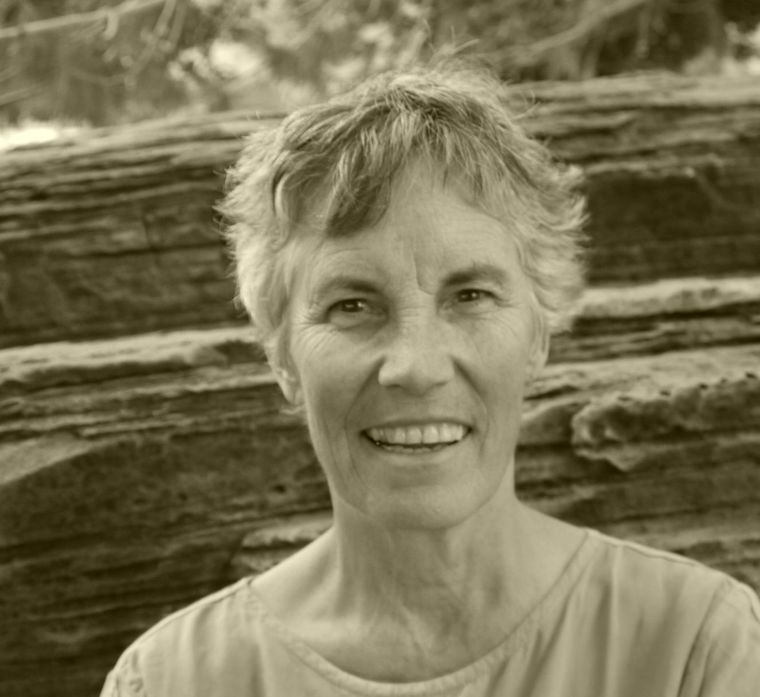Some information may be outdated.
No matter where you are on the political spectrum, our nation and the world can at times seem like they’re falling apart or spinning out of control.
Some see basic morals as well as religion being consigned to a heap of discards; terrorists ubiquitous and murderously unpredictable; and our borders a highway through which non-Americans are infiltrating. To some others, fossil fuels are lighting a match to Earth; the obscenely rich and corporations are holding reins of dictatorial power; military-style weapons are wreaking destruction every week; and the U.S. president is an insane, powerful and vindictive miscreant.
No matter the fear, there’s a temptation to withdraw; escape from all the political strife; believe nobody, or anybody, or only a few who confirm us. All of these are forms of giving up and are the very definition of helplessness. Well, technically, helplessness is defined as “inability to defend oneself or to act effectively.”
Anyone is free to choose to be helpless; but they’re not the ones that generate hope. What if Helen Keller had retreated in the face of being blind and deaf? What if Muhammad Ali had merely cried when, as a child, his bicycle was stolen; or Rachel Carson when she saw birds drop dead from pesticides? What if Malala Yousafzai had not begun blogging for the BBC, at age 12, about life in Swat under the Taliban?
We gain our greatest power by facing into the wind, through learning about the nature of that wind and its sources, and how we can make things better. Amid Tweets, panic, or fear, there are things we can do that will help us reach beyond boundaries, keep our bearings, go out, and effectively bring change and sing hope into others:
Read history. Where have we seen others grapple with terrible social and political problems with courage to inspire others?
Read science. What are scientists who measure and test and debate among each other really finding – even if it isn’t what we want?
Read investigative journalism. What have those who have tracked down and read thousands of pages of documents and interviewed people and checked their facts found about how our society is working?
Listen to others. Spend time with people who don’t think like you, live like you, or value what you value. Ask about nine questions for each moment you talk. (Why? Because you’re basically not learning anything when you talk.)
All of the above contribute to your depth and capacity to act.
Let me give some examples of where I’ve been spending some time, in order to make sense of the world:
I’ve been learning from NPR’s Embedded series on Trump and his associates, e.g., the “Jared Kushner” episode; NPR’s More Perfect series, which is stories behind Supreme Court cases like the one that justified uprooting Japanese-Americans to internment camps; This American Life, for its two-part series, “Harper High School.”
I’ve been reading books like Arlie Hochschild’s “Strangers in Their Own Land” about why Louisiana citizens vote against what many would consider their own environmental and health interests; David Blight’s “Race and Reunion,” about how the Civil War’s outcome has morphed into today’s myths about the Civil War – and racism; Carlo Rovelli’s “Seven Brief Lessons on Physics,” about how the universe functions and how we humans fit in – at least for a while. David Sentelle’s “Judge Dave and the Rainbow People” about, well, you can imagine – and the First Amendment.
For the past six years on the Monroe Mountain Working Group, I’ve been a co-convenor of a collaboration planning what to do about aspen’s difficulties on Monroe Mountain. We use consensus decision-making – no majority/minority votes. Almost everyone has very different political preferences than I do, e.g., regarding grazing, big game, predators and/or whether our nation’s lands should be handed over to Utah. I have been and continue to be fortunate to learn from (and appreciate) all of them. A 10-year restoration plan is underway as the result.
I only mention these as examples – you have more that bring you the ability to act with depth and direction. Do I write this because at times I feel we, as humans, are losing? Yes. But helpless? Not an option.
Mary O’Brien is a botanist who lives in Castle Valley and works with Grand Canyon Trust on public lands issues in Utah.
Appreciate the coverage? Help keep local news alive.
Chip in to support the Moab Sun News.



